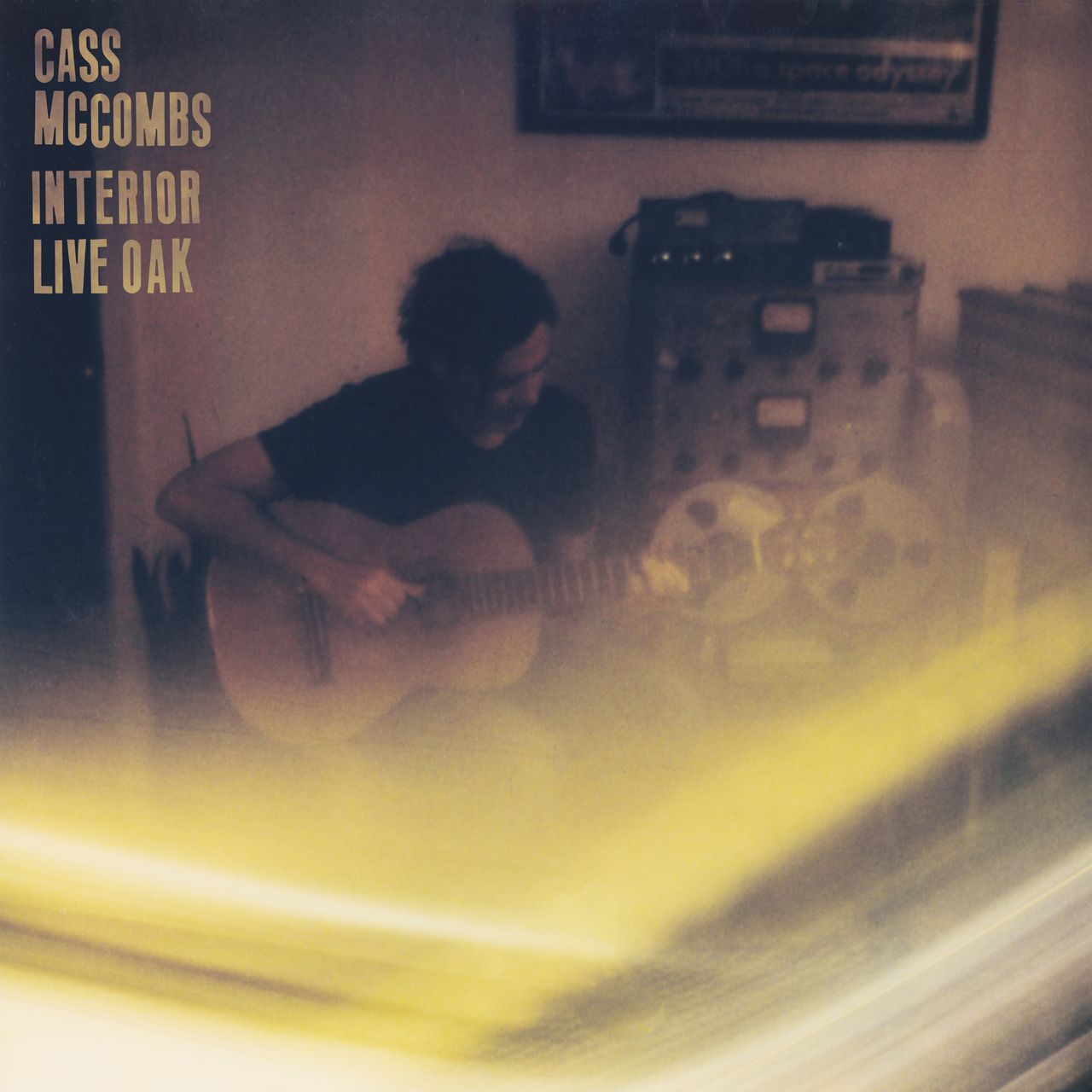Cass McCombs showed up late for the 20th century, like a party guest arriving as the host was finally slipping off her earrings. Then he wouldn’t leave. Over the 20-odd years since he emerged, a whispery Gen X folkie with a smart-assed streak and bowing bookshelves, he has become a lighthouse keeper for Boomer beacons: Lennon, Zevon, Dylan, Cohen, Nilsson, Newman, Young. “Priestess,” the solemnly funky opener of Interior Live Oak, glimmers with lime rickeys and wild horses, Ella Fitzgerald and John Prine, and the record often does little to dispel the illusion that it could have been made by Gordon Lightfoot in 1974. The things McCombs does so well are so familiar as to be almost invisible. Why they still seem so distinctly his is an enduring mystery. Maybe it’s just that he’s grown from being a precocious, pugnacious, quixotic songwriter to being a great one, and greatness makes inherited things seem invented.
If the postwar pop pantheon still has any room, then McCombs should be a shoo-in on the evidence of Interior Live Oak. Though the album can be quite funny, it delivers the goods with no funny business—16 songs and not a throwaway among them, each an example of what works, rather than an experiment in what might. Songs with gorgeous melodies, alert arrangements, and brilliant rhetorical mechanisms; songs that make you wow and hmm. Character songs, story songs, bardic American songs that array demotic talk on mythic patterns, imprinting the same old changes with a lived texture that’s both unique and universal. It’s middle-aged in a good way, a record of settled tastes, with ambition and aptitude in equilibrium, and a perfect portal into his one-man canon.
Going back to the well with old collaborators like Papercuts’ Jason Quever, McCombs has devised a style for Interior Live Oak that wafts and slithers—part breeze, part snake, with a slow and deliberate pace full of coiled energies. There’s Croce-style rococo folk, jangly fuzz rock, sparkly soul, and big-desert country, in a production style that emphasizes the haptic shapes of fingers pressing strings, especially in Brian Betancourt’s nomadic basslines. As ever, part of the music’s charm lies in its deceptive effortlessness and modesty. But this is belied by an astonishing outpouring of words that recalls peak Paul Simon in flavorful Americana and enigmatic scope.
When a tune is good enough, a few good lyrics, with some filler and repetition, will often get you by. But McCombs has packed literature into these songs, from end to end. He starts with scintillating verbal surfaces that could maintain our interest alone, and occasionally do: “Miss Mabee” plays with the obvious homophone for three minutes of buoyant power pop. But usually, having set up a clever conceit, he keeps coming back at it from different angles, unpacking it into something vast and visionary or intimate and profound. The flickering gallop of “Peace” (“‘Peace’ is what we say/When we say goodbye”) made me notice the weight of that casual parting word in a way I hadn’t before, while the Tom Petty–like “Who Removed the Cellar Door?” demonstrates the intuitive leaps that enlarge the album, superimposing the edge of a flooded basement and the top of Niagara Falls in a great rush of regret.
